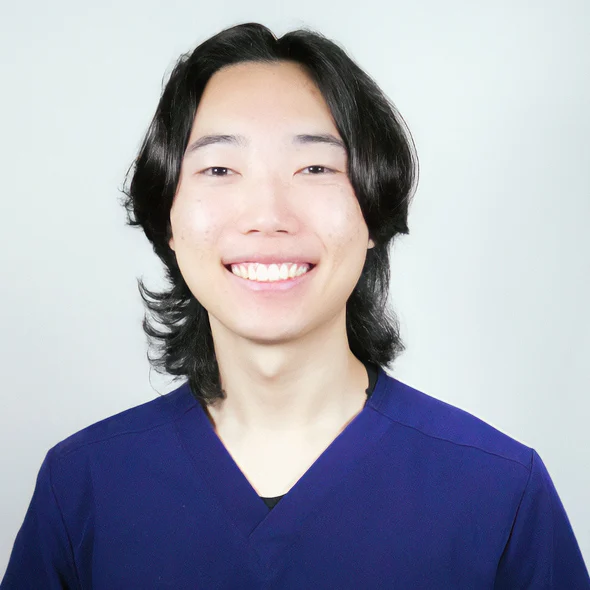Neuroplasticity refers to the brain’s ability to change and adapt based on an individual’s experiences. “Neuro” refers to the neurons, while “plasticity” implies malleability, meaning the brain can reorganize itself. This unique ability enables the brain to grow and adapt to new experiences, ensuring flexibility and continuous learning throughout life. There are two main types of brain plasticity: structural plasticity and functional plasticity.
Types
-
Structural Plasticity: This occurs when experiences or memories change the brain’s physical structure. New connections form between neurons, allowing the brain to reorganize and adapt.
-
Functional Plasticity: This allows functions to shift from damaged areas to undamaged areas of the brain. When part of the brain is injured, functional plasticity enables other areas to take over lost functions.
Benefits
Neuroplasticity offers several benefits that support learning and recovery. It allows us to:
Learn new things and adapt to changes Improve existing cognitive abilities Recover from brain injuries, such as strokes and traumatic brain injuries (TBI) Enhance memory, attention, and problem-solving skills
Because of neuroplasticity, there’s no age limit to learning or recovery. The brain is adaptable and continues to develop through life, constantly reshaping itself based on new experiences and challenges.
Leveraging Neuroplasticity for Personal Growth
The ability to change and learn based on experiences is a powerful tool. It means that no matter the age or situation, it’s never too late to:
Learn new skills and form new connections Recover from brain injuries or cognitive decline Regain lost functions after traumatic events
Neuroplasticity gives hope for those who have suffered brain injuries. With consistent therapy, the brain can heal and adapt to regain function, allowing individuals to overcome obstacles and enhance their quality of life. This ability of the brain to reorganize and repair itself is a testament to its resilience and potential for growth.







